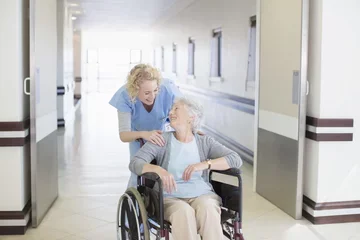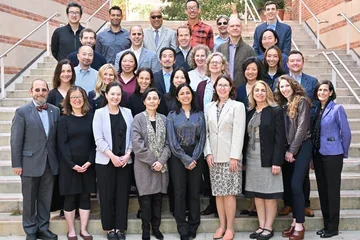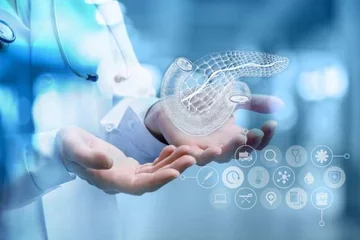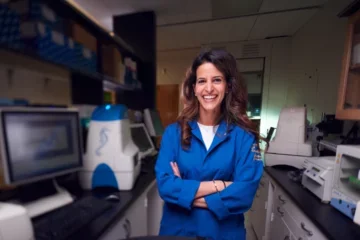What Does a Pathologist Do?
Making the Final Diagnosis
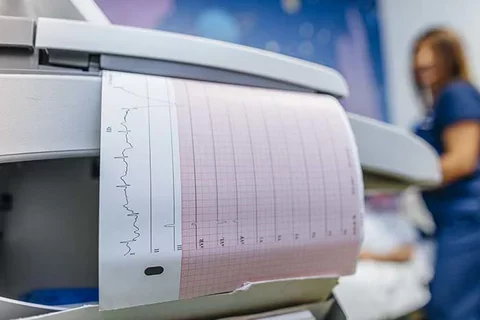
A Day in the Life of Dr. Bita Naini, Certified Anatomic and Clinical Pathologist
Medical pathologists are the detectives of the medical field by observing, deducing and making the final diagnosis for their patients. They're often called the "doctor's doctor," because many pathologists are consultants to other medical professionals who need additional guidance in complex situations.
Bita Naini, MD, a certified anatomic and clinical pathologist, currently practices surgical pathology with a specialization in gastrointestinal and liver pathology, as well as actively teaching at the David Geffen School of Medicine at UCLA.
Finding Variety in Diagnostics
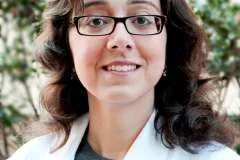
According to Dr. Naini, medical pathology interested her during her second year of medical school when exploring certain systemic illnesses. "I chose pathology [because] I enjoyed learning about the mechanism of disease," she says. "The diagnosis part of patient care appealed more to me than treatment. I enjoyed how pathologists made the final diagnosis."
The opportunity for pathologists to serve as consultants to other physicians appealed to Dr. Naini as well. "I loved the fact that [medical pathology] would allow me to choose many different career paths after doing the same residency." Many of her co-residents continued into forensic pathology by working in coroner's offices, while others went on to perform clinical pathology as laboratory managers. Some former colleagues who specialized in anatomic pathology went on to pursue research in industry and biotechnology companies.
Living Subjects and Collective Biopsies
Unlike forensic pathology, which works mostly with the deceased, medical pathology evaluates the biopsies or surgical subjects of living patients—those who rely on the pathologist for a diagnosis that will change the way their care is ultimately managed. So as a surgical pathologist, explains Dr. Naini, "most of my day is spent evaluating patients' resection specimens and reviewing the slides, as well as correlating the macroscopic [big-picture] findings with histopathologic findings and clinical picture—[eventually] arriving at a diagnosis."
Given that she works in a university, this process is done alongside trainees, allowing her to examine each slide with students and teach a curriculum they work through together. In fact, a large portion of her day is spent communicating with clinical colleagues, whether it's discussing a case or collaborating on research projects. "I love the fact that I have some flexibility in scheduling and arranging my daily schedule," she adds.
The Quick Ones Are Often Most Important
The most exciting and challenging aspect of Dr. Naini's career as a medical pathologist, however, is in the days when she's "on call" in intraoperative consultation. "I get called to go and evaluate a specimen and give provisional diagnosis while the patient is on the operating room table. This is a fast-paced and challenging task, as the diagnosis that I will make will affect how the surgeon is going to manage the treatment of the patient [who] is in the operating room," she observes. "There is not much time to think in those situations; whereas in our usual cases, we can spend as much time as needed to render a diagnosis."
It's easy to think pathology is for quiet, non-talkative types, and Dr. Naini wants to correct that notion: "To be a good pathologist," she says, "you actually need to be a 'people person' with good communication skill[s]. While it's true that you don't directly see patients, you do communicate constantly with clinical colleagues who will be treating the patient, and that communication between pathologist and treating physician is [vital] for providing excellent patient care!"
Medical pathology is a specialty for students who thrive on solving problems and working in a close-knit environment where, according to consultants like Dr. Naini, clear communication is vitally important.
